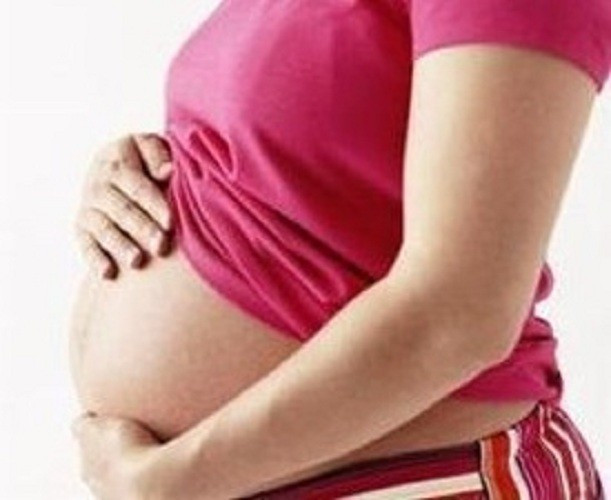Average Woman Takes Two Months Sick Leave During Pregnancy

The average woman takes two months' sick leave during her pregnancy, with the most common reasons being fatigue and sleep problems.
According to research by scientists at the Akershus University Hospital in Norway, over three-quarters of women receive sick leave at some point in their pregnancy.
Dr Signe Dorheim, part of the Division of Psychiatry at Norway's Stavanger University Hospital and a co-author of the paper, said: "We found that a large number of pregnant women take time off work as sick leave. The factors associated with sick leave varied according to the trimester of pregnancy but some of these factors are not necessarily caused by pregnancy alone."
Fatigue and sleep problems were cited by 35 percent as the reason for taking time off work. This was followed by pelvic girdle pain, which is pain caused by pelvis joints, to which 32 percent of women attributed their sick leave. A further 23 percent said they suffered from nausea and vomiting.
Of the 2,197 women who took part in the survey, just 2.1 percent said they had called in sick because they were suffering from anxiety or depression.
However researchers believe the amount of sick leave taken by pregnant women could be reduced. They think employers offering flexible work adjustments could lead to fewer days taken.
Sixty percent of the women sampled said adjustments were made to their working situation. On average, these women took seven days less sick leave than those who were not offered flexible work options.
Dorheim said: "While past medical history and socioeconomic conditions can influence the occurrence and length of time taken off as sick leave, women's working situations during pregnancy were significant contributors to our findings.
"Women who suffer from work-related fatigue, such as insomnia, are likely to require more time off, especially during late pregnancy.
"Further research is needed to look at how treatment of certain conditions and work adjustments can lead to less time being taken off work and ultimately a better quality of life for pregnant women."
In the UK, workers can receive £85.85 per week in Statutory Sick Pay for up to 28 weeks from their employer. The worker must qualify for SSP and be off work for four days or more in a row. Self-employed and unemployed people can claim Employment Support Allowance.
John Thorp, deputy editor-in-chief of BJOG: An International Journal of Obstetrics and Gynaecology, in which the research is published, was keen to note that sick leave entitlement in Norway allows workers to receive good compensation, which may have skewed the findings slightly.
He added: "However, the factors that affect pregnant women in the workplace are universal and this study shows a clear link between working conditions and the duration of sick leave, which highlights the potential benefits for employers to have a support system in place."
Last year, a survey by office network Regus found that 83 percent of firms already offer flexible working in relation to office hours or location. However, the firm also found that just 38 percent offer flexible working as a privilege to senior members of staff.
The availability of flexible working may also lead to increased productivity after a woman has had her child.
A study by Citrix Online and online magazine Mother@Work also found that four in ten mothers wanted to be able to work at home to improve their work-life balance.
© Copyright IBTimes 2025. All rights reserved.





















